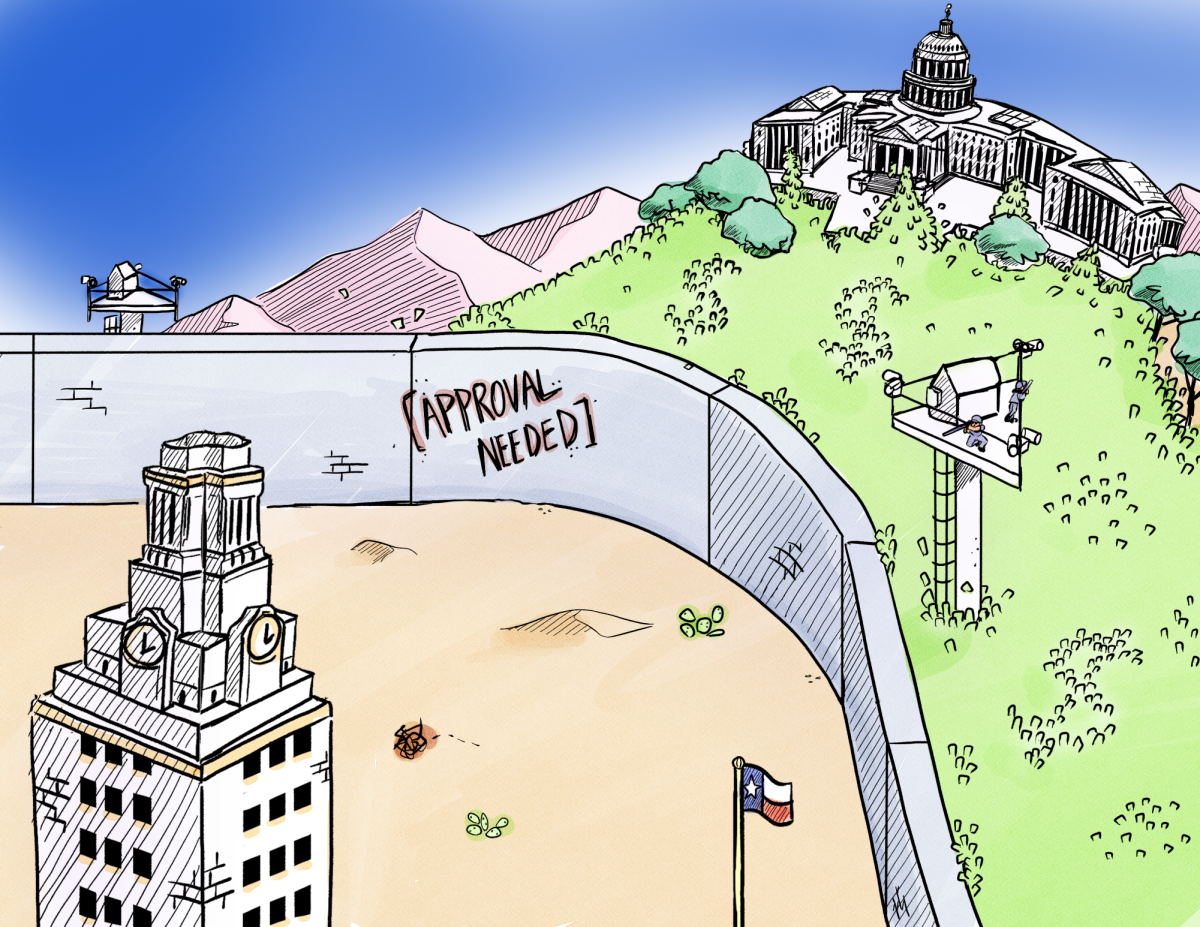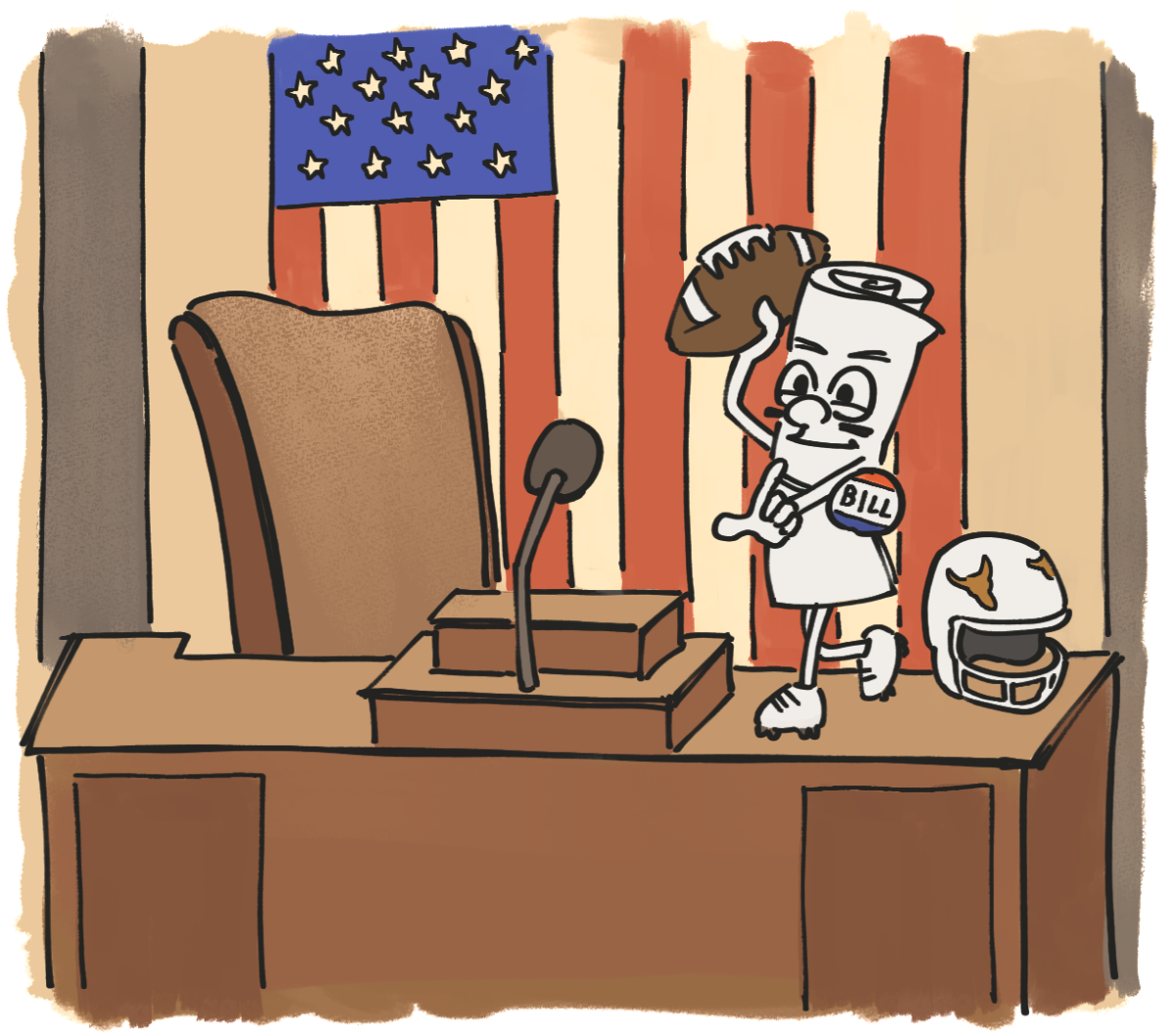On August 7, President Donald Trump signed an executive order designating certain persons to approve and examine government research awards.
These senior appointees may be able to avoid peer reviewers who typically evaluate projects by using the executive order to stop funding if they feel the research does not serve the public interest. Additionally, until Trump names the political leaders, the order prohibits additional research money. By doing this, the government would have more direct authority over all federal research spending, including future grants.
The decision said that in order to resolve these issues, stop them from happening again, and guarantee more responsibility for the use of public monies more generally, it is imperative to streamline agency grantmaking and improve oversight and coordination of it. Agencies should approach tax funds as the government holds it in trust for the American people.
Peer reviews are usually required when researchers apply for federal grants. These evaluations are conducted by subject-matter experts who evaluate the proposed study’s overall impact in order to assist directors in making a funding decision. When granting grants, the directive stipulated that these appointees must adhere to specific criteria, such as rejecting research or funding for illegal immigration, racial preferences, or the idea that sex is a chosen or changeable trait.
The decision stated that while peer review should not be discouraged, appointees should consider it an advisory process and should not approve funds if the proposed studies violate the values they have agreed to uphold.
Peer reviewers include Audrey Brumback, an assistant professor of neurology who oversees a group supported by the National Institutes of Health that studies the prefrontal cortex of the brain. Speaking for herself rather than the University, Brumback claimed that incorporating political considerations into the awarding procedure could impede scientific research.
According to Brumback, it makes no difference which state you reside in, who you voted for, who your senator or representative is, or who you live in. It all comes down to the research and the high-level decisions made by scientists and physicians regarding the demands. This procedure becomes less objective and pure when a political element is added.
The Trump administration has previously taken steps to restructure government research funds, including this order. The administration started eliminating the Environmental Protection Agency’s Office of Research and Development in July. The administration made an effort in February to cap indirect payments—that is, money that pay for administrative expenses—on NIH research awards. A federal judge has stopped the action as of Aug. 21.
The Trump administration has concentrated on reducing research specifically on climate change, according to an email statement from Joshua Busby, a professor of public affairs who studied climate change and a former senior advisor for climate at the US Department of Defense. This Trump action may distort the federal financing process, according to Busby.
According to Busby’s email statement, the Trump administration punished institutions for a number of perceived wrongs by withholding approved research funds. Some initiatives that I profited from, such as the Minerva Initiative, have been completely discontinued. Every grant choice made by the federal government should be subject to expert evaluation rather than a micromanaged political review, but I’m not sure that’s in the best interests of the American people.









